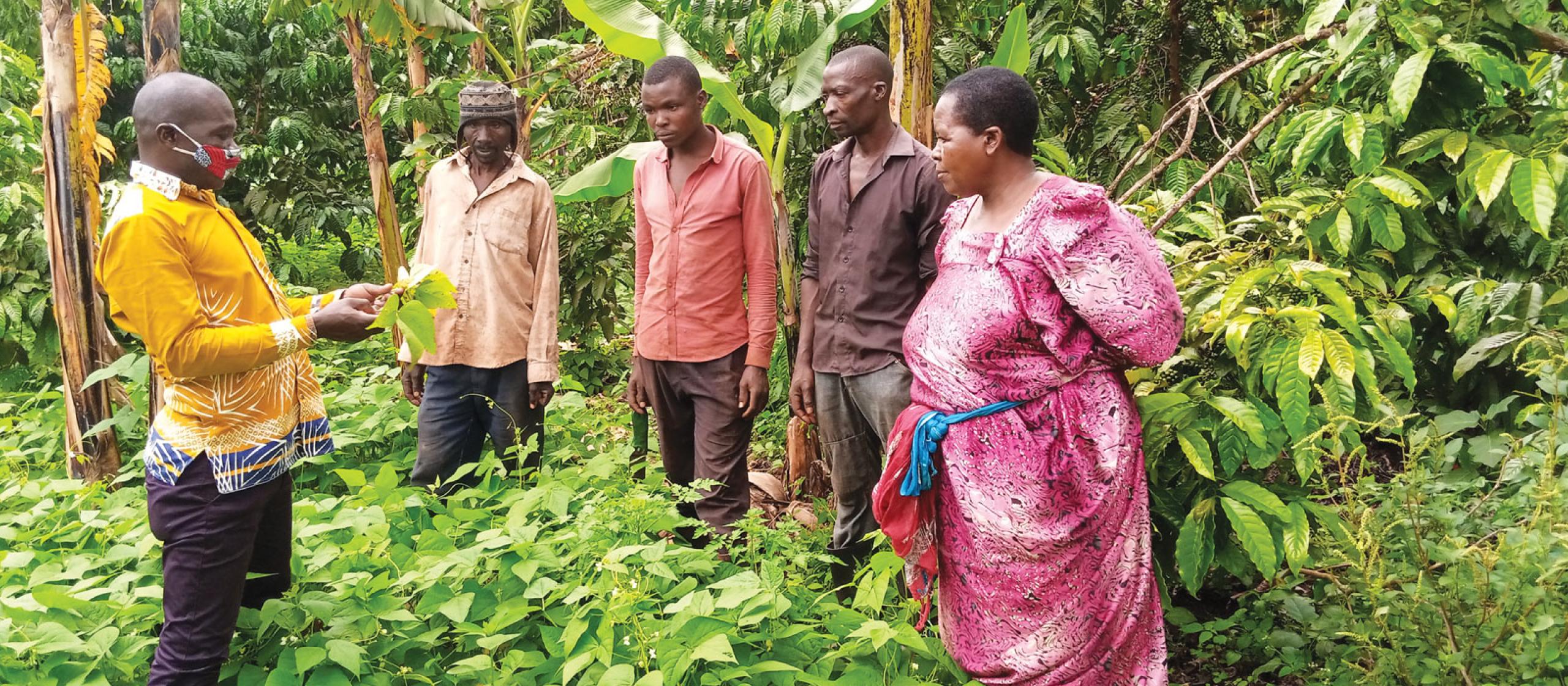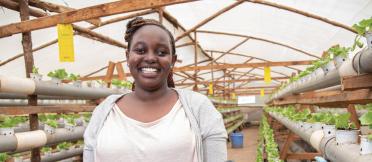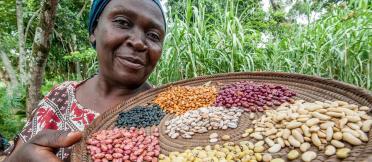Ms Jennifer Nakaya had a powerful message when she addressed the delegates assembled for a recent Nairobi conference marking the completion of the 10-year Cultivate Africa’s Future Fund (CultiAF) program.
The smallholder bean producer had been part of the joint venture between ACIAR and Canada’s International Development Research Centre (IDRC) aimed at strengthening on-farm production, associated businesses and supply chains across eastern and southern Africa.
Ms Nakaya, who is now the chairperson of a grower group of about 100 mostly female members, said the impact of the program had been significant.
Gaining knowledge of agronomic practices and post-harvesting handling, her bean crop now provides her with a stable income, allowing her to pay school fees, expand her production acreage and invest in residential and commercial property. ‘It has transformed my life,’ said Ms Nakaya.
Her testimony is one of dozens shared by smallholder farmers involved in the CultiAF program, which has helped to advance production for a wide range of enterprises, many of which are run by women.
This includes mango, fish, poultry, bean, sorghum and pig production and a novel project developing insect feed for livestock. The program also involved projects on crop insurance, finance and agribusiness including support for young entrepreneurs.
IDRC program manager Ms Mercy Rurii said hearing the testimonies of the participants at the final conference was inspiring: ‘You get blown away by the impact it has had on people.’





